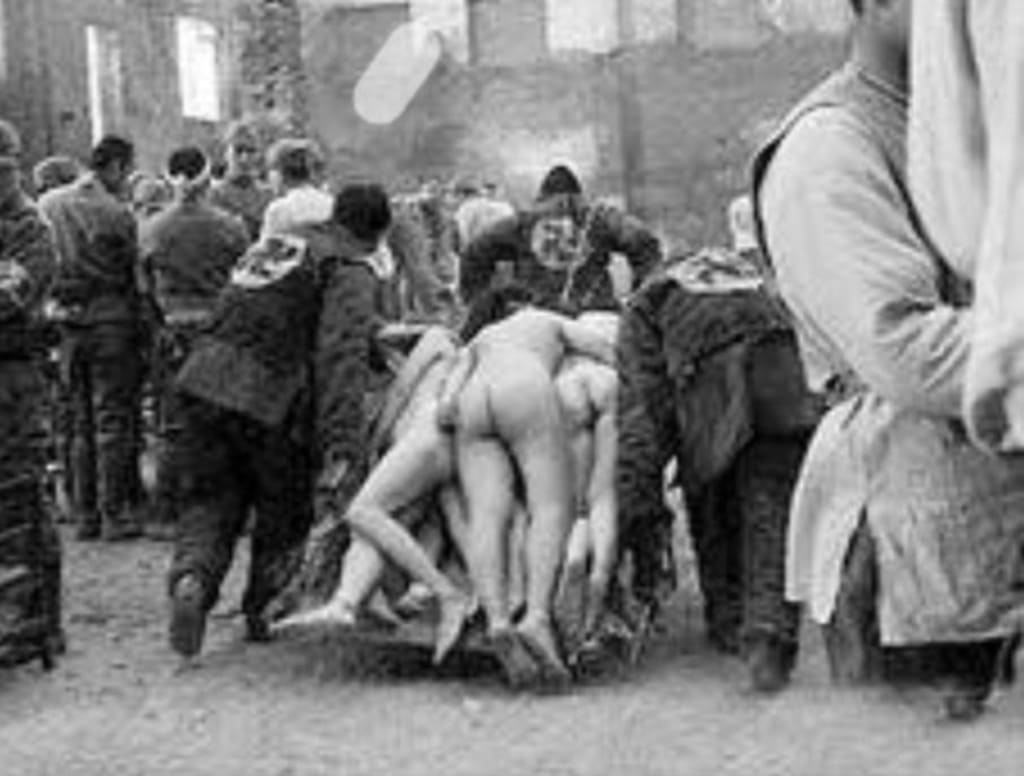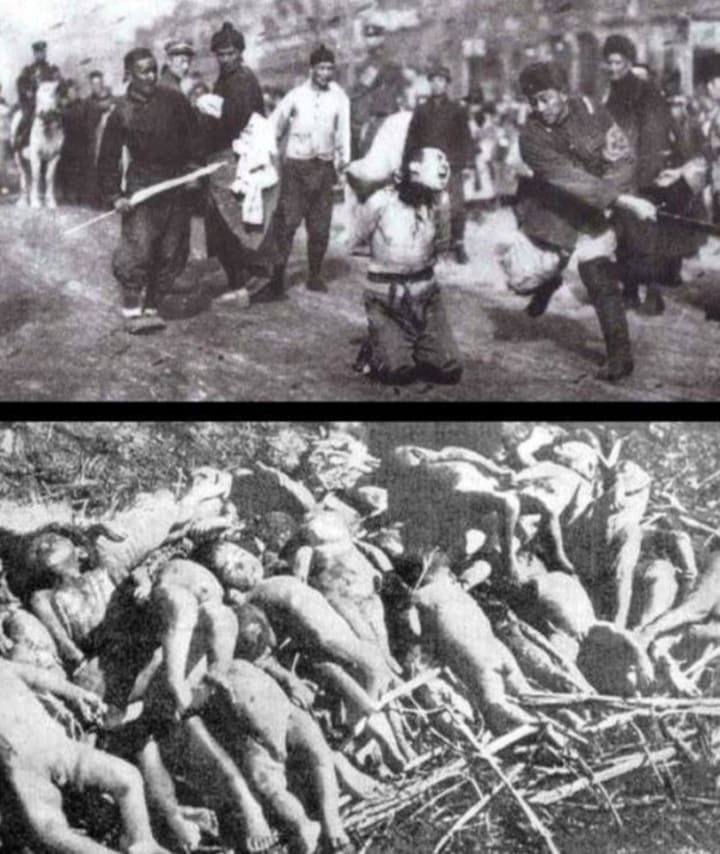What is a historical fact that would surprise most people?
This terrible event was known as the Nanjing Massacre or the Rape of Nanjing, a forgotten holocaust.

The Nanjing Massacre, also known as the Rape of Nanjing, was a horrific event that occurred during the Second Sino-Japanese War in 1937-1938. The Imperial Japanese Army captured the Chinese city of Nanjing (formerly known as Nanking) and engaged in widespread atrocities against the civilian population and disarmed Chinese soldiers.
During the occupation of Nanjing, Japanese soldiers committed acts of mass murder, rape, looting, and arson. The exact number of victims is still a subject of debate, but it is estimated that hundreds of thousands of Chinese civilians and disarmed soldiers were killed, and tens of thousands of women were raped.
The Nanjing Massacre is considered one of the darkest chapters in modern Chinese history. The event has been extensively documented through survivor testimonies, photographs, and historical records. However, for many years, the massacre received limited attention internationally and was often overlooked or downplayed in Japanese historical accounts.
In recent decades, there have been efforts to raise awareness about the Nanjing Massacre and to ensure that the victims are not forgotten. Memorials, museums, and research centers have been established in Nanjing and other parts of the world to commemorate the victims and promote historical understanding.
It's important to acknowledge and remember historical events like the Nanjing Massacre as part of our collective responsibility to learn from the past and strive for a more peaceful and just future.

During this period, the Imperial Japanese Army killed between 40,000 and 300,000 people. This is the total number of civilians and soldiers killed.
The bodies of thousands of victims of the massacre were thrown into the Yangtze River until the water of the river turned red due to the corpses of the victims of the massacre.
Certainly! Here are some additional details about the Nanjing Massacre:
Duration and scale: The Nanjing Massacre took place over a six-week period, beginning on December 13, 1937, after the fall of Nanjing to the Japanese forces. The scale of the atrocities was immense, with widespread killings and systematic violence inflicted upon the Chinese population.
Nature of atrocities: Japanese soldiers engaged in acts of extreme brutality, including mass executions, bayoneting, beheadings, and burying victims alive. They also conducted widespread acts of sexual violence, with women of all ages being raped, often in public and in front of family members. There were reports of infants and the elderly being among the victims.
Destruction and looting: The city of Nanjing was subjected to widespread destruction and looting. Historical buildings, homes, and cultural artifacts were destroyed, and countless valuable items were looted. The city's infrastructure was severely damaged, leaving behind a trail of devastation.
International response: While the Nanjing Massacre was reported on by international journalists and diplomats at the time, it received limited attention and was often overshadowed by other global events. The outbreak of World War II in Europe and Japan's subsequent involvement diverted global focus, leading to a lack of significant international intervention.
Denial and revisionism: Following the war, there were attempts to deny or downplay the Nanjing Massacre by certain Japanese politicians, scholars, and right-wing groups. However, the overwhelming evidence, including testimonies, photographs, and diaries, discredits these attempts at revisionism.
Commemoration and remembrance: Since the 1990s, there has been increased recognition of the Nanjing Massacre internationally. The Memorial Hall of the Victims in Nanjing Massacre and the Nanjing Massacre Museum were established to honor the victims and educate visitors about the event. International organizations and governments have also acknowledged the massacre and expressed condolences for the victims.
The Nanjing Massacre stands as a painful reminder of the horrors of war and the importance of preserving historical memory. By remembering and acknowledging this tragedy, we can strive to prevent such atrocities from happening in the future and promote peace and reconciliation between nations.






Comments
There are no comments for this story
Be the first to respond and start the conversation.